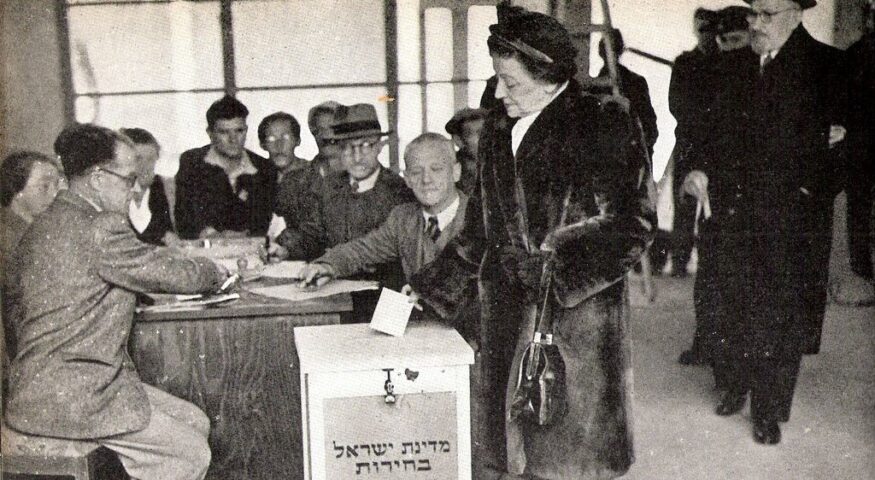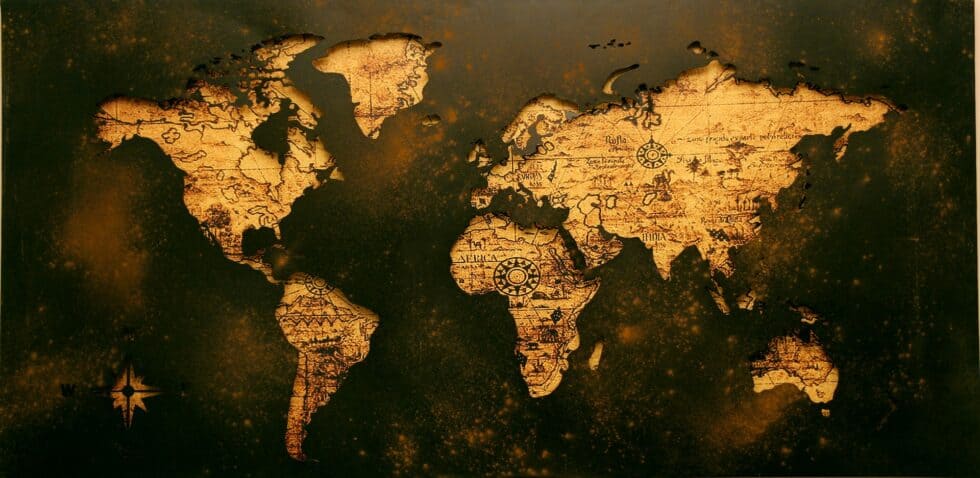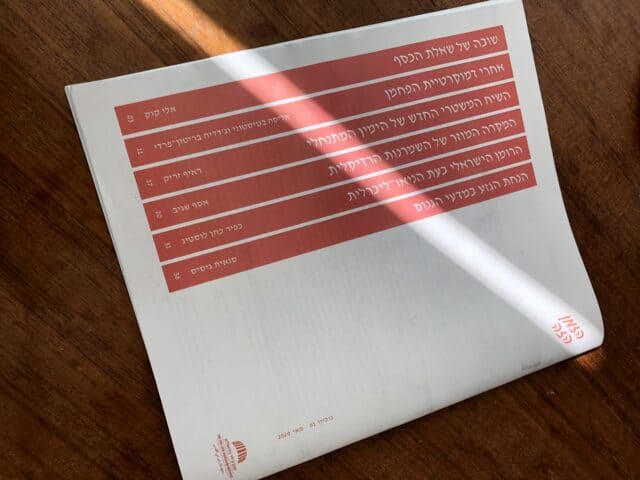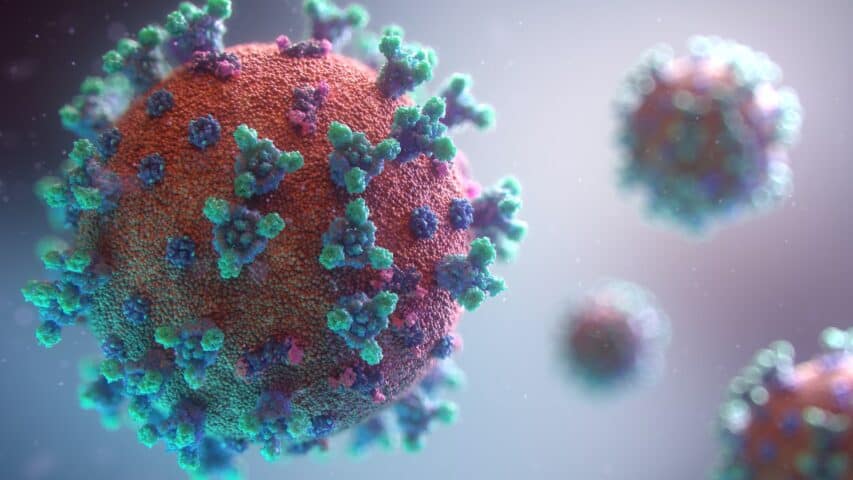Israeli cohesion in the shadow of the war
Dr. Yoel Spitz | 11.04.2024 | Photo: Unsplash

Thoughts following the conference of the Beyond the Liberal Imagination forum
A society without a definition
Simchat Torah. Shmini Atzeret. Black Saturday. October 7. The massacre. The surprise attack. These are some of the labels that writers and speakers have used to denote the day that started the present war, a day that has yet to be named. Perhaps it is no accident that the war raging around us has not been named yet either. The difficulty of assigning a name, a label, and a definition is one of the hallmarks of what is happening to Israeli society now.
Many have talked about the shattering of preconceptions, about soul-searching, but the problem appears to run deeper: It seems as if the words themselves are unable to capture and express what is happening. There are moments when reality is larger than words and writing, and one faces it bewildered and devoid of concepts and definitions.
This war has had numerous destabilizing ripples. It has sparked a reckoning on issues of security and geopolitics, undermined the (already shaky) public trust in the leadership and state institutions, and rattled the sense of identity of many Jews in Israel and abroad.
At a conference on October 26 as part of the Beyond the Liberal Imagination forum, we tried to focus on a specific issue that we believe cries out for an urgent discussion—the question of the solidarity or cohesion of Israeli society in the shadow of the war and in its wake.
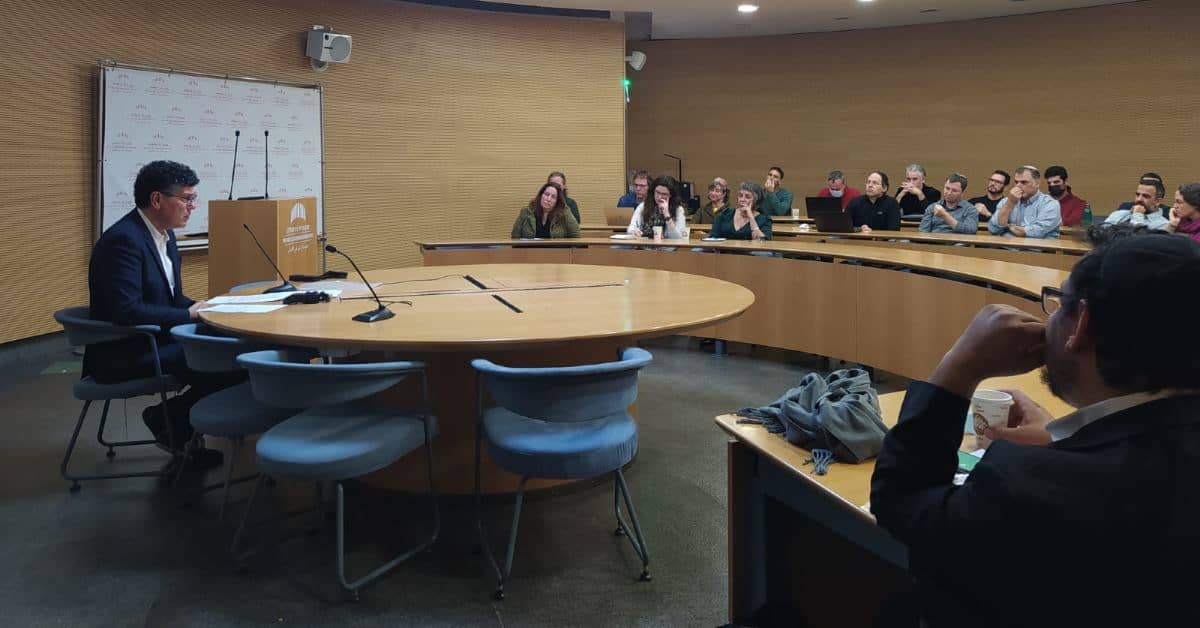
Civil solidarity in a time of war
A look at the issue of civil solidarity through the prism of the war reveals a profound shift in the public discourse. The year preceding the war was characterized by a deep rift in the Israeli civil discourse. Throughout the year, the disparities between the logics and visions of the society’s various groups came to the fore. The process of dissolution and crumbling was so thorough that over that year that many sacred cows were put to the knife. Among other things, we got used to hearing about refusal to report for reserve service, a shattering of the Jewish fraternal ethos (“Don’t call me brother”), and the idea of separate autonomies, in which each group would act according to its civic logics and social visions.
In contrast, as soon the sound of the explosions reverberated on the morning of Simchat Torah, it appeared that there was an almost polar reversal in the Israeli public’s temperament. The sense of threat and the existential fear led people who were in the midst of a fierce and long identity struggle to cooperate in defensive, offensive, and civic activities to confront the threat. And we are still in the midst of that process. At the same time, a personal, communal, and public discourse began about disillusionment with concepts that had impeded civic cooperation in Israel.
That process was evident on social media: Secular Jews wrote about their reconnection to Judaism or the Jewish fate; leftists wrote about their deep disappointment in the standard-bearers of the free Palestine campaign and in the activist movements in the West; right-wingers wrote about disillusionment with the ability of a “hard right” government to provide security to its citizens, and deep disappointment in their public representatives; haredi citizens asked to join the IDF combat forces and actually enlisted; and many Arab and Bedouin citizens joined the civic effort on the home front and declared their solidarity with the Jews in this war. Therefore, it can be stated with a high degree of confidence that the war sparked civic solidarity in Israel.
But the discussion in the forum found that this reawakening of solidarity is fragile, because the “civic languages” that constitute it are fundamentally disparate and tell different and diverse stories about Israeli “togetherness.” The various Israeli groups load that “togetherness” with different values and perceive in diverse ways the threats directed at Israel. So it is only natural that over time and as the events unfold the rifts between the worldviews will reemerge.
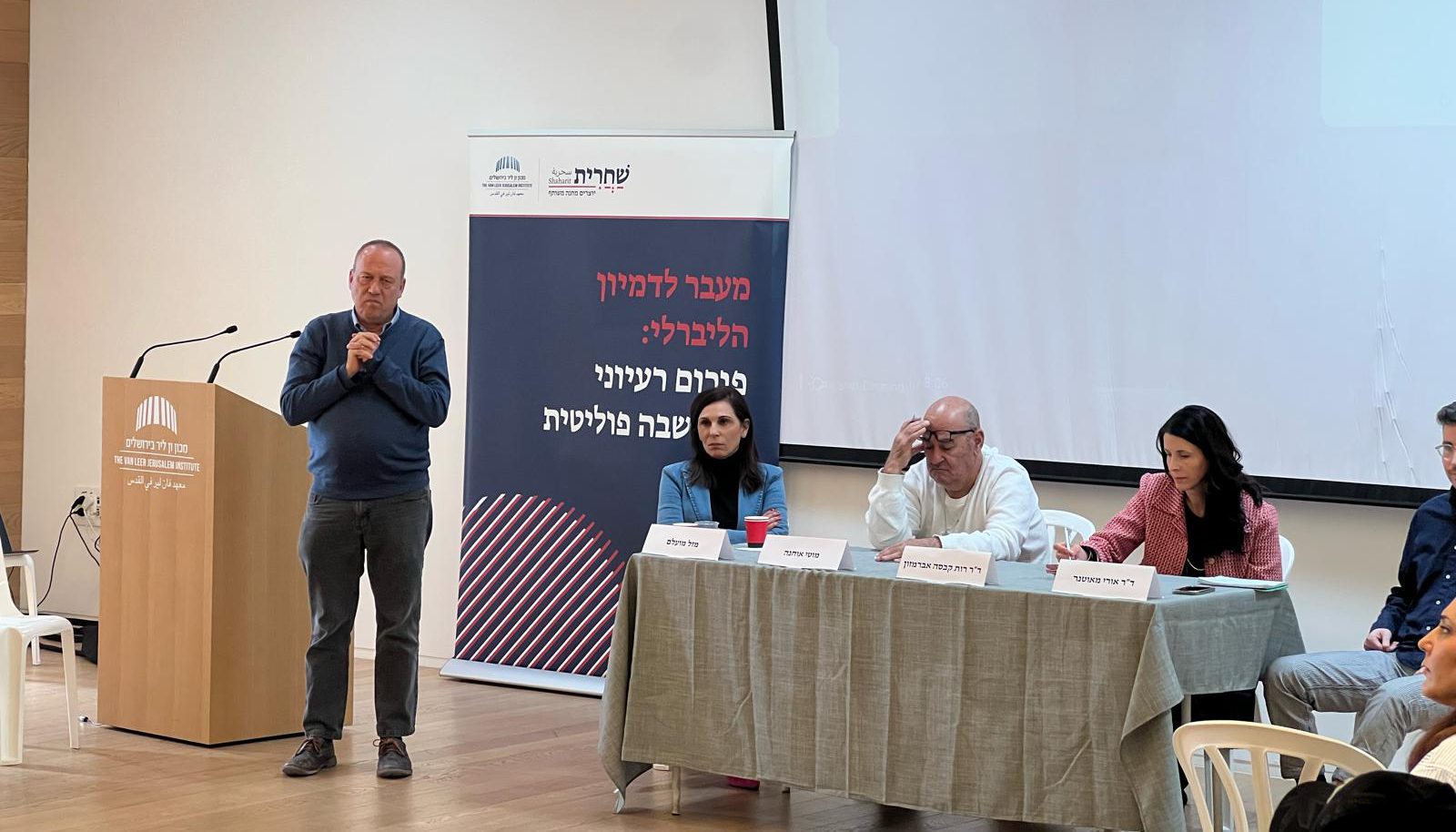
I will explain that argument with the following simple example: Let’s imagine a voluntary organization in which a haredi Jew, a national-religious Jew, a liberal secular Jew, and an Israeli Arab work side by side. Their cooperation might be effective and not raise any special problems, but we should not ignore the fact that if we interviewed them, we would hear diverse and even conflicting explanations for their actions.
For instance, it is very likely that the national-religious volunteer maintains an ethno-republican view of citizenship and interprets the Hamas threat in Jewish-national terms and as a threat to the redemption project of the Jewish state. In contrast, we may assume, the liberal secular volunteer views the war as a threat to the values of human rights, is motivated by the trauma of the Holocaust, and perceives the Jewish state in a way closer to the pragmatic-Zionist concept of a safe haven. And, of course, the motives of those two do not resemble the motives of the haredi volunteer, who is averse to Zionist civic definitions, is motivated by the ethos of Jewish brotherhood, and perceives the threat in Jewish Talmudic terms (“In every generation they rise up to destroy us” or “It is well-known that Esau hates Jacob”).
However, the motives and concepts of threat of those three, who all share the Jewish circle of identity, are different from those of the Israeli Arab volunteer. He is in a much more complicated situation considering the Jewish Israeli circling of the wagons, and his place in their national-religious, haredi, or even secular Jewish visions is not clear. In any case, he is perpetually ambivalent about his sense of belonging to the Israeli realm. Even his sense of threat may be more complicated, because to a great extent he is threatened both by the Jewish citizens of Israel and by its enemies. At the same time, both sides often consider him a threat and demand that he express solidarity with them and their suffering. This position creates a paradoxical and almost unbearable situation for many of Israel’s Arab citizens who are caught between a rock and a hard place.
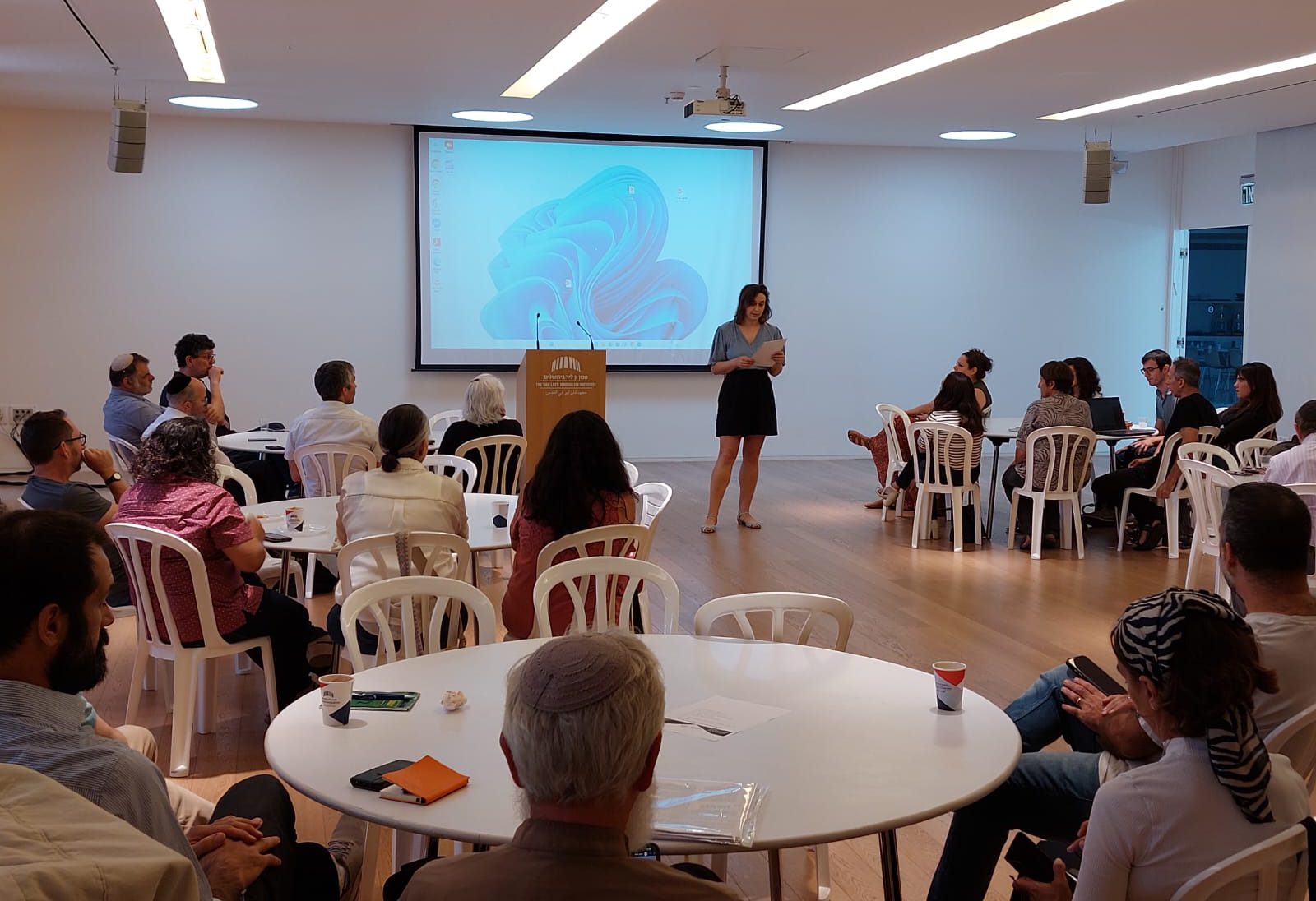
Society in the day after: A common civic language
In light of the aforesaid, we can expect that when the fighting ends and the immediate threat is removed, the conflicting visions will again lead to an inability to maintain civic cooperation, even to harsh conflicts between the groups. Therefore, in order to achieve civic solidarity or at least a common civic (and moral) language, we must develop an intersectoral discourse about the foundation of the Israeli narrative. In that respect, the war of October 7 and the conceptual fracture it created provide an opportunity not only for temporary cooperation arising from the sense of emergency, but also for self-examination to air out certainties and “civic narratives” and give rise to the creation of new circles of identity.
Practically, the emergency foisted upon us may lead to an awareness that many of the disparate Israeli groups stood side by side in the moment of reckoning. The shared fate brought out the partnership of mutual responsibility. On the basis of this insight perhaps we might develop and expand the first and necessary layer of a joint civic language: trust.
Civic trust will take hold only if political leaders and ordinary citizens reflect in their daily actions, and not only during wartime, their active responsibility towards all the sectors and groups in Israel. This process might even require a change of the electoral system in Israel, which creates a totally sectarian politics.
In the first stage, the adoption of certain “don’ts” might promote trust and mutual responsibility. For example, Israeli society would do well to prevent politicians from gaining political capital from polarization and incitement of groups. Israeli society must dictate to its leaders that they will be elected only if their conduct poses a broad vision and a shared narrative that reflects responsibility towards all citizens.
Subsequently, the war and the conceptual shock it created might well give rise to the construction of a more humble Israeli temperament—one that recognizes the conceptual limitation of human beings, their tendency to err, and their limited ability to understand each other. Humility as a mental attribute and an epistemic position are possible products of the war, and embracing them may well give rise to new concepts of identity of the “self,” the “we,” and the “other.”
Dr. Yoel Spitz is the coordinator of the Beyond the Liberal Imagination forum of the Challenge of Living Together theme. The essay was written at the beginning of the war as a summary of the forum meeting on “Israeli cohesion in the shadow of the war,” and is currently being published on the website.

